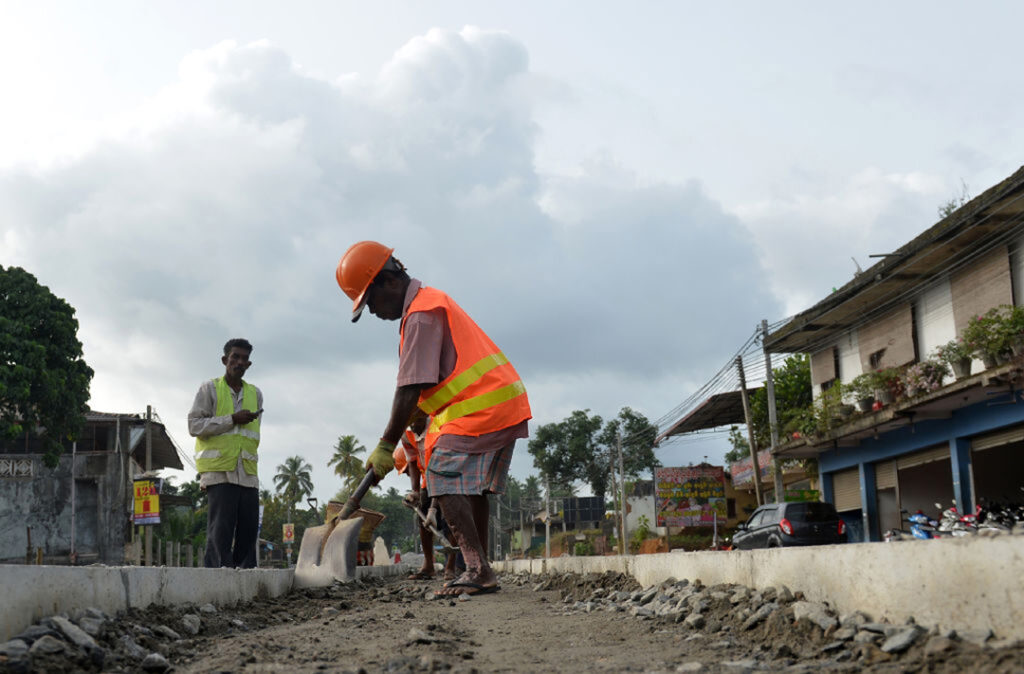INDO-PACIFIC DEFENSE FORUM
The People’s Republic of China (PRC) increasingly relies on coercive economic tactics to advance its political agenda — whether to bully democracies such as Taiwan or to extract natural resources from cash-strapped debtor nations.
Despite the PRC’s repeated use of sanctions and other economic levers, a growing body of evidence suggests these tactics are becoming less effective as nations defend their independence.
A September 2020 study by the Australian Strategic Policy Institute said the PRC used “coercive diplomacy” 152 times against foreign governments and companies since 2010. Its tactics included trade sanctions, investment restrictions, tourism bans and boycotts. Since China is the largest trading partner for nearly two-thirds of the world’s countries, it relies on its financial leverage to gain political submission from adversaries.
A look at its recent efforts, however, shows that many of Beijing’s targets aren’t backing down. “An increasing number of countries are showing a similar willingness to weather the storm by absorbing short-term economic pain and disruption to stand up for their values, policies and self-respect,” stated an October 5, 2021, story in Foreign Policy magazine.
South Korea, for example, did not reverse its decision to deploy a United States anti-missile system despite sustained pressure from the PRC across a broad range of sectors from trade to tourism.
The PRC also reduced rail services to Lithuania and imposed regulatory hurdles on its agriculture, animal husbandry and timber industries after the Baltic nation allowed Taiwan to open a de facto embassy, Foreign Policy reported.
The PRC’s state media badgered Lithuania, with one academic calling it a “buffoon” that “miscalculated China’s economic influence.” Yet Lithuania remains defiant, and its Ministry of National Defence even asked consumers to throw away their Chinese-made phones and buy new ones.
Australia may be the most surprising example of China’s fizzling financial clout. Relations deteriorated after Canberra called for an inquiry into the origins of the coronavirus pandemic in April 2020. Beijing released a flood of retaliatory sanctions that included items such as barley, wine, beef and cotton.
“Given the level of economic interdependence, Australia should arguably be one of the most susceptible nations to China’s economic browbeating,” Foreign Policy reported. But more than a year later, “Beijing has been able to inflict minimal damage.”
Australia’s exports to China declined by only 2% in 2020.
The PRC also is seeing declining returns from its lending activities. Beijing announced its grandiose One Belt, One Road (OBOR) infrastructure scheme in 2013 to connect 100 countries with China through roads, maritime routes and rail projects.
A four-year study released in September 2021 by AidData, a research lab at the College of William & Mary in the U.S., analyzed 13,427 projects and concluded that OBOR is losing momentum as nations become wary of its costs. China is the largest stakeholder in the Asian Infrastructure Investment Bank, which finances OBOR. (Pictured: Workers build a road in Colombo, Sri Lanka, that was financed with a Chinese loan.)
The PRC planned to secure natural resources from other countries through loans collateralized against future commodity exports to China from the debtor countries.
Several reports, however, including a 2020 analysis by the Council on Foreign Relations, revealed that the PRC’s insistence on using Chinese construction firms was inflating costs. Malaysia, following a similar complaint, canceled OBOR projects totaling U.S. $22 billion in 2018.
Bolivia and Kazakhstan each canceled OBOR projects worth U.S. $1 billion, while U.S. $3.3 billion in projects remain suspended or canceled in Cameroon, Costa Rica, Ecuador, Ethiopia, Sudan and Zambia, Business Insider reported.
Indo-Pacific Defense Forum is a publication of U.S. Indo-Pacific Command.
IMAGE CREDIT: AFP/GETTY IMAGES

